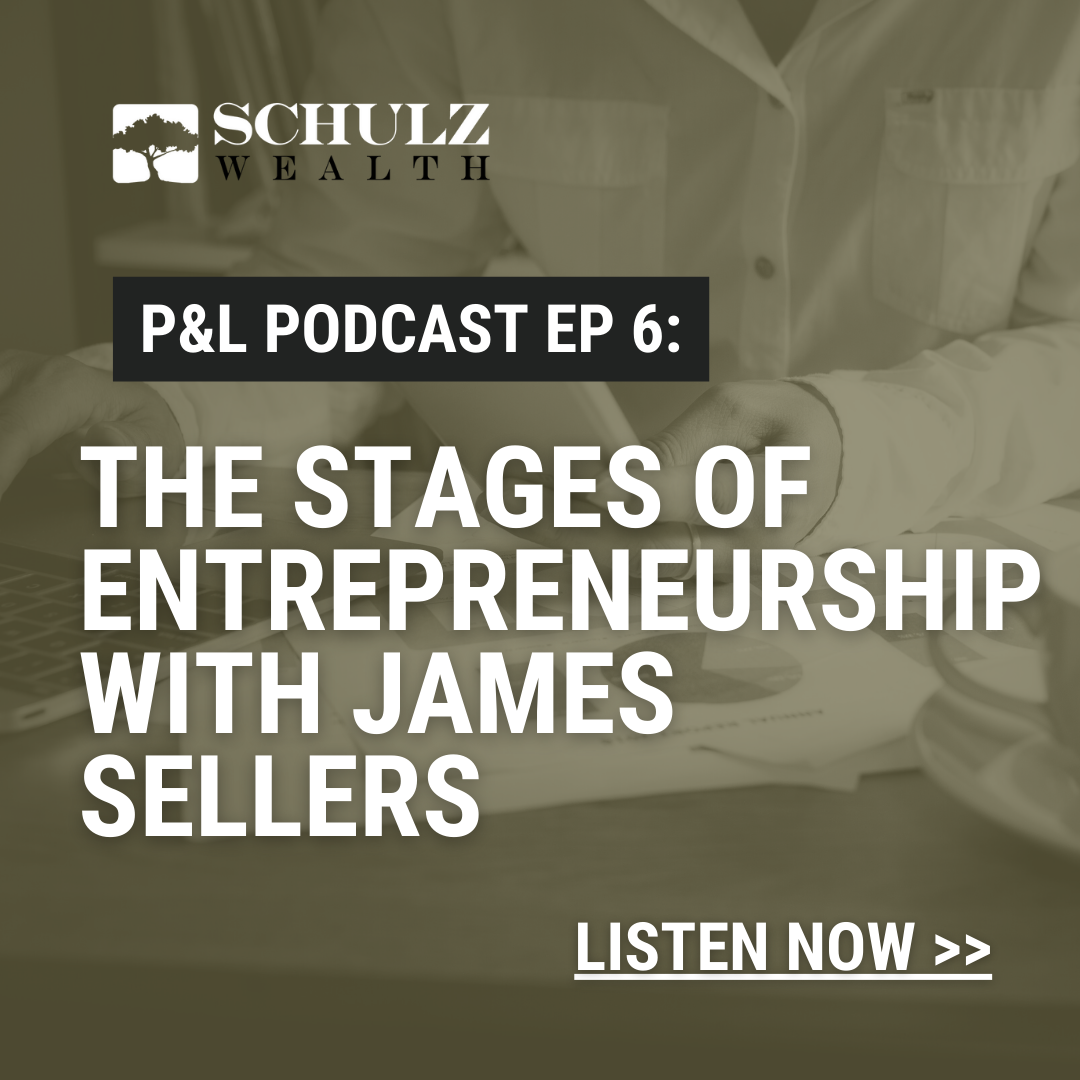For most of my career in private wealth management, one of the greatest challenges has been maintaining client sell discipline in a down market. Interestingly, I rarely hear a peep from my clients in an up market about selling out of their portfolio. I think this is an interesting display of human nature because it’s more logical for us to try and sell at or close to a market high to maximize returns.
Don’t get me wrong, like most Certified Financial Planner™ practitioners, I do not try to time the market with my clients money. Although I must say, and many independent advisers would agree, it IS possible (if not probable) to time the top of a market . Therein lies the problem…getting out at the right time has a very, very low probability of success, and then there’s perhaps the even greater challenge of getting back in at the right time once the market starts to recover.
So, how do we go about locking in some profits in an up market without cashing out and creating a mess for ourselves?
1. Rebalance: In an up market, your carefully crafted asset allocation strategy gets out of whack. Why? Because the equity portion has grown faster than the bond portion of your portfolio. Many asset management firms like ours run software programs on our clients accounts that tell us when asset classes get out of tolerance so we can rebalance efficiently and effectively.
2. Maintain value discipline: I believe value stocks beat growth stocks over the long term. When the market is hot, this investment philosophy becomes more difficult to stomach but the success of my client’s portfolio’s depends upon a consistent strategy. Maintaining value discipline allows us to sell stocks as their price to book ratio increases therefore locking in some profits.
3. Stay away from the herd: In an up market, investors tend to chase high-profile fast-moving stocks and end up paying way too much for them. Also, when times are good, the herd invests heavily in popular consumer-level products. Consumer-level products are forced to buy at high market levels and sell at low market levels by the typical investors penchant for poor market timing. Like many other wealth management firms, we maintain buy discipline in several ways. We may hold onto cash for awhile, looking for a dip in the market as an opportunity to buy. Our trade desks work exclusively with value-oriented experienced wealth managers so the flow of money is more consistent and easier to invest effectively. And finally, our strategy is designed to help our traders avoid paying too much for a stock.
Over time, a sound investment philosophy that takes advantage of these concepts can make a difference and help us achieve our financial goals for retirement and wealth accumulation.
By Rob Schulz
Rob Schulz, CFP® is a Principal with Schulz Wealth, and a Registered Representative through Cambridge Investment Research, Inc., a Broker/Dealer, Member FINRA/SIPC. He is also an Investment Advisor Representative through Cambridge Investment Research Advisors, Inc., a Registered Investment Advisor. Cambridge and Schulz Wealth are not affiliated. These are the views of Rob Schulz and not those of Cambridge,SChulz Wealth, or any of their affiliates. Material discussed herewith is meant for general illustration and/or informational purposes only, please note that individual situations can vary. Therefore, the information should be relied upon when coordinated with individual professional advice. Diversification and asset allocation strategies to not assure profit or protect against loss.
.png)



Leave a Comment